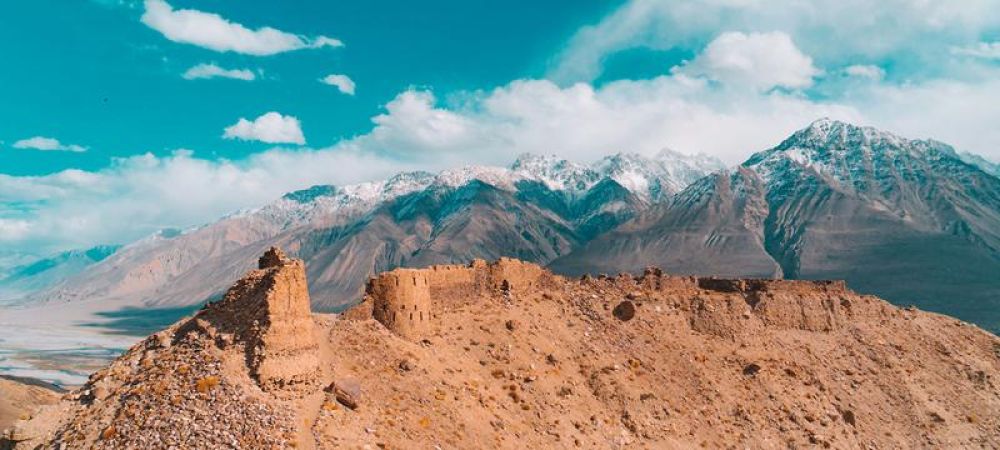

Located in the western part of Tajikistan, Tursunzoda is an intriguing destination that has seen changes in its tourism industry over the years. Historically, the region's contribution to tourism was minimal, its economy being primarily driven by the aluminum industry, with the TALCO aluminum plant being one of the largest in Central Asia. Visitors, mostly consisting of business travelers and workers, would often come to Tursunzoda for its industrial importance rather than tourism pursuits.
In the periods of the Soviet Union, Tursunzoda, like many other parts of Tajikistan, was less known for tourism. There were few initiatives to attract tourists to the region, and the concept of tourism was largely undeveloped. The city was named Regar and later renamed in honor of the poet Mirzo Tursunzoda, reflecting the region's rich cultural and historical heritage.
After Tajikistan's independence in 1991, the country slowly began to open up to the world. Despite this, Tursunzoda did not immediately emerge as a primary tourist destination due to its industrial focus and infrastructure that was not conducive to tourism. Over time, however, the Tajik government and private sector have been working to bolster the tourism industry by improving infrastructure and promoting the country's natural and cultural attractions.
In recent years, there has been a growing emphasis on cultural and eco-tourism across Tajikistan. Tursunzoda's proximity to spectacular mountain ranges, such as the nearby Hissar Range, offers potential for hiking, mountain biking, and nature exploration. Visitors are drawn to the scenic landscapes, the opportunity to experience Tajik culture and hospitality, and the chance to explore ancient Silk Road history.
The latest trends in Tursunzoda's tourism sector revolve around authentic and sustainable travel experiences. Travelers are increasingly interested in homestays, cultural exchanges, and supporting local economies. The focus is on creating immersive experiences that allow visitors to understand the local way of life.
While Tursunzoda itself may not be a primary tourist hub, its position as a gateway to the western part of Tajikistan positions it as a potential beneficiary of the broader trends in national tourism growth.
In conclusion, the tourism history in Tursunzoda has been a relatively quiet one, predominantly overshadowed by its industrial activities. However, as the trends shift towards more diverse, sustainable, and cultural tourism offerings, Tursunzoda may find a role in the expanding tourism landscape of Tajikistan. Continued efforts to improve local infrastructure, together with promotion of the region's unique cultural and natural resources, could further integrate Tursunzoda into Tajikistan's growing tourism industry.